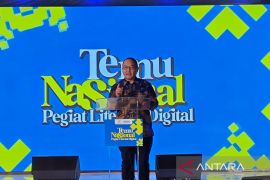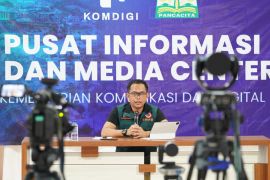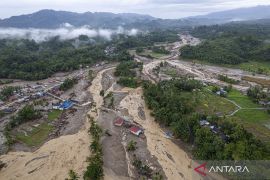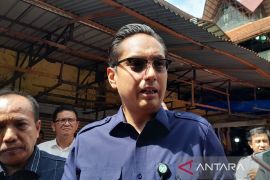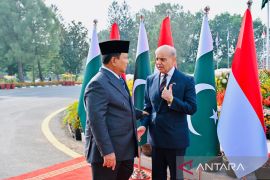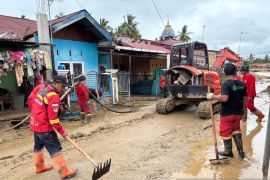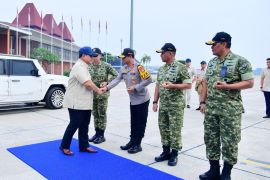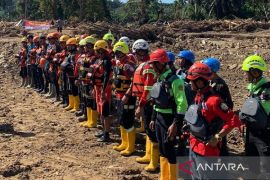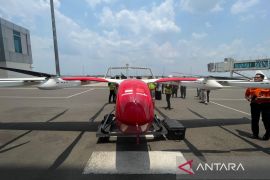Speaking at the opening of the Indonesia Development Forum (IDF) 2017 here on Wednesday, he said adjustments to approaches and programs as well as the development of policies based on knowledge and research will optimize the impact of the governments efforts to reduce inequality.
According to Brodjonegoro, quality economic growth must benefit the people through creating jobs, increasing population productivity, applying pro-poor policies, and increasing competitiveness of micro, small, and medium enterprises.
He said optimizing the utilization of village fund and its allocation aims to solve various poverty-related issues at the local level, with focus on improving access and quality of basic services and developing productive economic enterprises in low-income communities.
"In general, four main factors are driving inequality in the present and future generations, such as inequality in opportunities since birth that affects the quality of human resources, job inequality, and wealth concentrated in the hands of a group of people," Brodjonegoro explained.
Asset ownership can be one of the decisive factors in reducing inequality since without adequate productive assets, the lowest economic community cannot break free from the shackles of poverty and increase its income.
"Those families also cannot invest adequately in their children," he pointed out.
Themed "Fighting Inequality for Better Growth," IDF 2017 is expected to help the Indonesian government intensify its efforts to combat inequality and poverty through policy recommendations arising from inputs taking into account various development criteria.
The forum features more than 100 national and international experts as well as over 40 papers and presentations, selected from 555 incoming papers, with several topics ranging from social security, future of small farmers and fishermen, financial inclusion, social entrepreneurship, urban inequality, the impact of technology, and the development of eastern Indonesia.
The IDF 2017 will be attended by more than 700 participants from across Indonesia and representatives of international agencies to jointly seek innovative solutions to tackling inequality and producing a workable solution model in the country.(*)
Editor: Heru Purwanto
Copyright © ANTARA 2017

